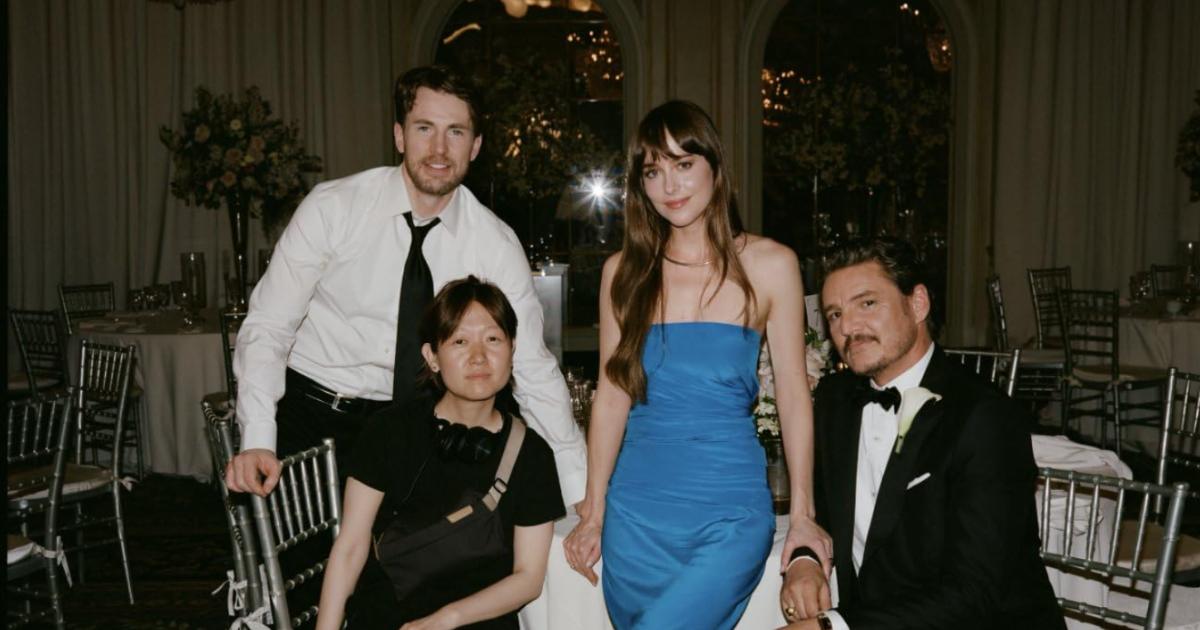How to Find Your Core Values
People say that opposites attract, but when it comes to the things that matter, common ground is a much better predictor of a strong relationship. So how do you know what to look for when it comes to finding a long-lasting connection? Our answer: core values.
What are Core Values?
Core values are the things that are most important to you. They guide the way you live. Your core values serve as a compass, helping to define your personal identity and your relationships with others. They help you to decide what’s right or wrong, and they shape how you behave in life.
Examples of Core Values
While there is often a great deal of overlap between individuals, each person’s set of values is unique to them and their experience. For example, being honest, treating people with kindness, or doing your best at everything you do are some core values you might hold yourself. Discussing your core values with any potential partners can help you determine your compatibility.
There’s no complete list of the values that matter to every individual, but these are some common relationship areas where core values alignment is important to our clients.
Career Importance
Some people work to collect a paycheck, but for others, career takes center stage. If you get a lot of satisfaction from doing your job well or working to advance your career, this might be a core value for you.
People who highly value career importance are likely to be driven, goal-oriented individuals. While their partner may not necessarily need to share their same passion for work, these career-minded folks might feel stifled in a relationship with someone who doesn’t understand this value.
Family and Children
Research has found that people generally value their relationships with others highly, so it’s not a surprise that this is a very common core value. Whether you have kids at home, you’re adjusting to life as an empty-nester, or you’re well into your career as a grandparent, children are a continual source of joy, energy, and devotion for many parents.
Relationships with other family members can be just as important in our lives. Many people consider a sibling, cousin, or even a parent as their best friend. The support of family is irreplaceable to those who hold this value.
Physical Activity and Fitness
For those who don’t enjoy working out or being very physically active, a relationship with a fitness buff is a miserable idea. The opposite is also true—a distance runner might not enjoy spending time with someone who doesn’t like to sweat.
The value you each place on physical activity and fitness is likely to have at least some bearing on the way you’ll spend your time together, so it’s important to know if you’re well-aligned with any potential partners. If one of you would prefer a cozy night in front of the TV and the other wants to go on a relaxing three-mile bike ride in the evenings, you might not be compatible.
Money and Finances
Money is essential for all of our survival, but we don’t all prioritize our finances the same way. Some prefer to save whatever they can for a rainy day, while others prefer to spend on things that enrich the present.
Perhaps more than any other core value, misalignment about finances can be a huge obstacle in a relationship. According to the American Psychological Association, one in three married couples report that finances are a major source of conflict in their relationship. Agreeing about how to handle money and finances can save your relationship from unnecessary stress and conflict.
Politics
It’s no secret that politics have made the dating world more divisive. Some are fine just not discussing political differences, but for many, politics extend far beyond the voting booth. This is why someone’s politics can have a huge impact on relationship compatibility.
While some folks are open to political differences in a relationship, many singles say they have non-negotiable political dealbreakers. These could be anything from a stance on one particular issue, supporting a certain politician, or even just a political party affiliation.
Intimacy and Affection
Are you the touchy-feely type? Some of us love expressing physical affection openly and often, while for others it can be uncomfortable or even challenging. Those who express love through physical touch might feel isolated if their bids for intimacy are not returned.
Partners who aren’t naturally affectionate in this way might feel pressured to return their partner’s affection. This can create resentment on both sides of the relationship. It’s important to know that neither partner is necessarily wrong for desiring more or less physical affection and intimacy. Sometimes, people just need different levels of intimacy to feel loved and comfortable.
Sociability
The way someone prefers to socialize with others is a subtle but important factor in a relationship. When both partners are social butterflies, or both are content to skip a gathering in favor of takeout at home, hanging out together is easy. However, when these preferences aren’t aligned, it can make spending free time together a bit more difficult.
Introverts and extroverts can be happy together in a relationship, but it may take more communication and patience from both partners to make it work. Having strong friendships and connections outside the relationship can help both partners meet their social needs without placing unnecessary pressure on anyone to go out or stay in.
Spirituality and Faith
Many people consider this to be the most important alignment for their relationship to be successful. For those who are religious, it can be a central part of life. For those who aren’t, it can be very uncomfortable to interact with religion and/or spirituality.
It’s not required that your partner’s spiritual life be a perfect mirror of yours, but it’s important that you’re able to coexist comfortably even if there are differences in your beliefs.
Living in Alignment With Your Values
Self-reflection will teach you a lot about what you prioritize and value in your life. These two things aren’t necessarily always in alignment. Sometimes, life circumstances cause us to act outside our values.
For example, you might not naturally place high importance on money. However, if your financial security is threatened you might have to prioritize saving and making extra money. Without this to worry about, you would behave differently and prioritize other things.
Living in alignment with your core values 100% of the time is impossible for most people. However, it’s still important for your overall well-being and happiness to try. If your relationship dynamic leads you to act outside of your values, it’s not likely to make you happy in the long run.
We all have unique backgrounds and opinions shaping our core values. It’s unrealistic to think that our values will be perfectly aligned with your partner’s. However, if there are large differences in your beliefs and worldviews, this could spell trouble for the longevity of your relationship.









